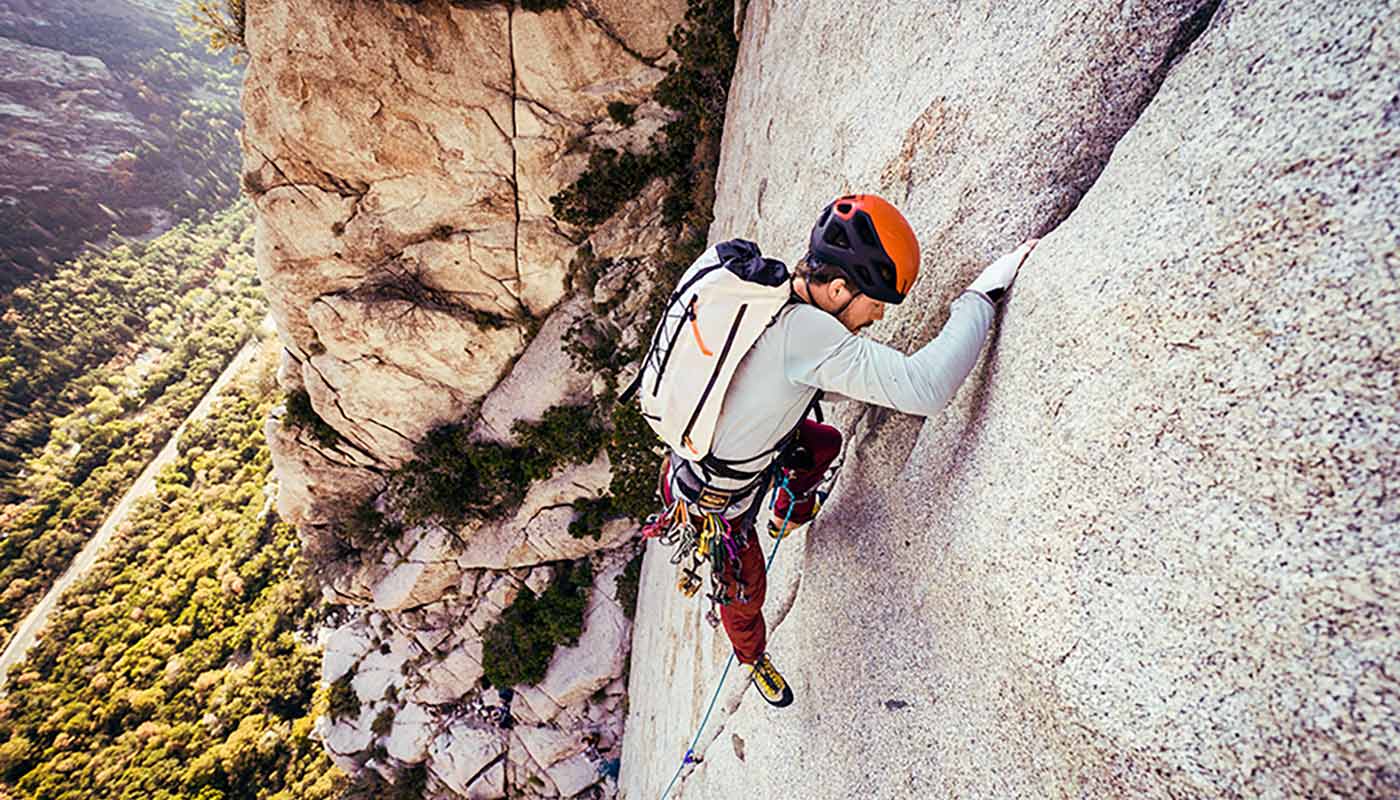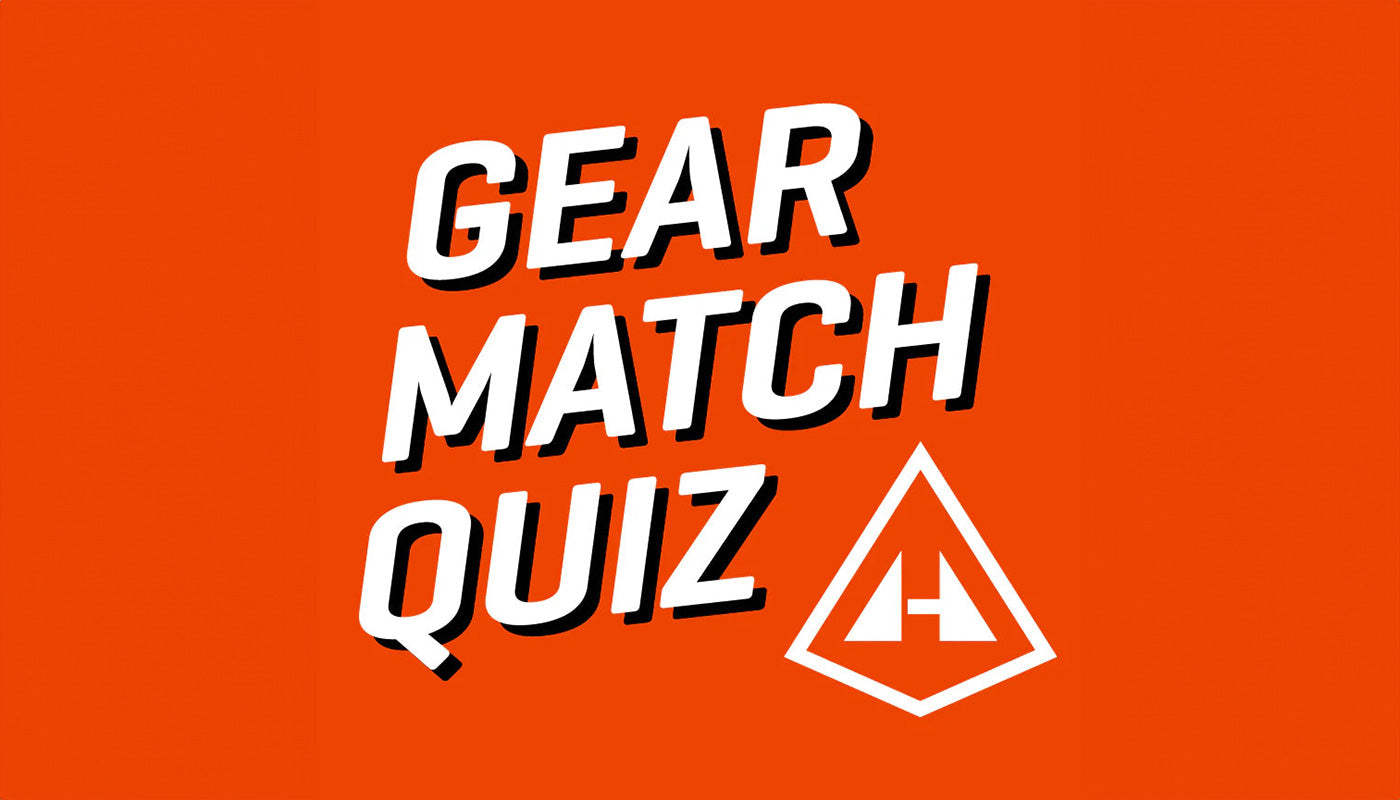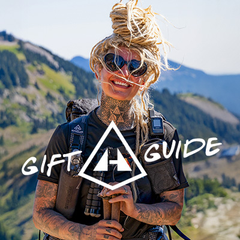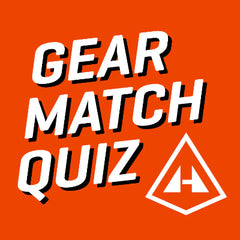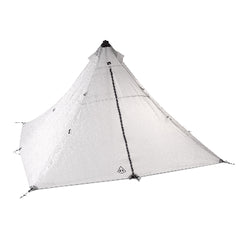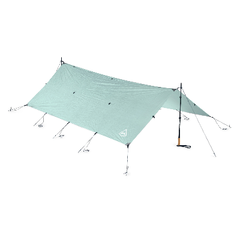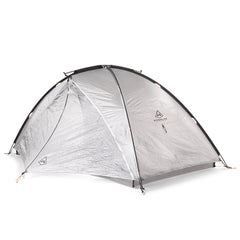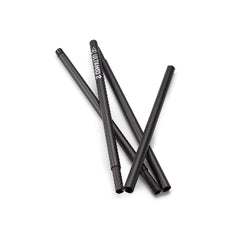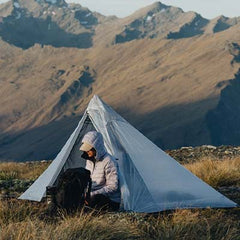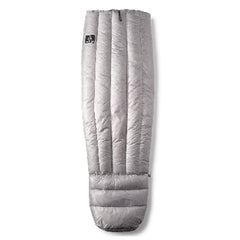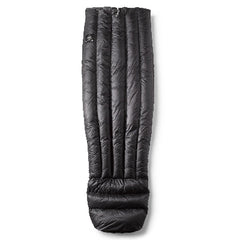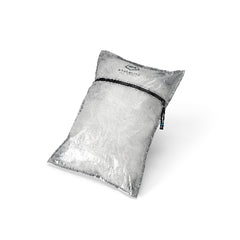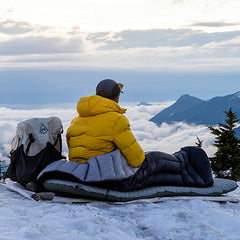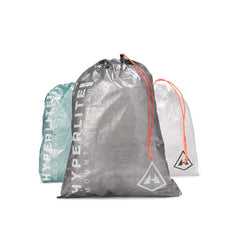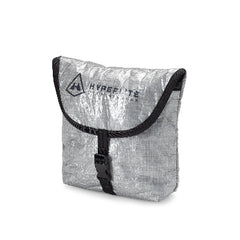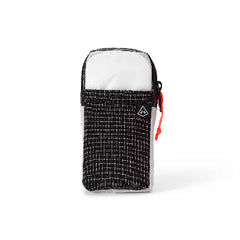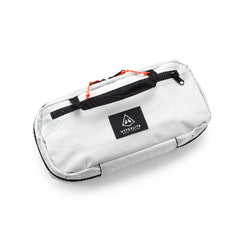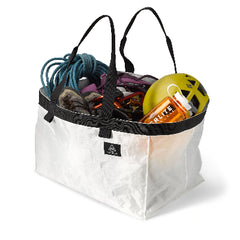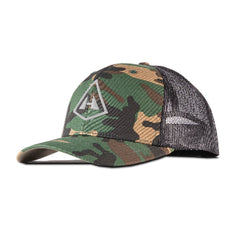Where was the first moment you realized you were in over your head? What was the route, how were conditions, who was your partner? After having my first such moment, I'm genuinely curious how many other people have found themselves overcommitted, forced to dig deep to top out, genuinely rattled by the experience.
(Before going too far, I must note that all photos in this write up are unrelated to the climb I am writing about. I was too gripped to pull out my camera this time around, and eventually had to stash it under some rocks to make space in the bag. These photos come from prior climbs).
My story today starts somewhere around 12 feet off the deck (the ground), shoved into a chimney, trying to force a pretty poor #4 friend (Wild Country camming device) up just a feeeew more inches. It wouldn't have changed what a fall looked like, but if I was going to walk my way up this crack, I wanted to walk with my biggest piece of protection. Between feet 12 and 15, I had what felt like an eternity of time to come to terms with the humbling this wall was giving me. The alpine is the land of sandbagging and flared cracks, neither of which I'm as familiar with as I should have been.

So, trying to use my body as one big piece of protection by wedging arm, leg, and head as deep into the crack as possible, I worked my way into the realization that I was not up for the next 650 feet. Tail between my legs, I let my partner have a go at the chimney piece I'd just bailed on, and he proceeded to gracefully work his way beyond my high point. This story isn't particularly fascinating, and it's not unique to me in any way, but it's my first moment of truly being spit out by the path ahead of me, and dang did it hurt. Thankfully, I was a more confident follower than leader, and we ultimately had a successful trip up the remaining pitches.

By the time we summitted, I had a grin glued to my face. Those were the best six pitches I'd ever climbed. I learned an immense amount about crack climbing, and feel as though a second round trying to lead would be far more fruitful. The Beckey-Davis route up Prusik peak is an absolute blast, and I can't recommend it enough. An interconnected pathway of cracks and chimneys on the most solid (and SHARP) granite I've ever touched made for a perfect day in the mountains, even if I was force fed the realization that I'm not quite where I thought I was as a climber. Doesn't hurt adding in 22-26 miles of approach and decent, making for a 23 hour day of moving time starting and ending under a dim moon. The stars seemed to laugh at my ego bruises, but my spirits stayed high.

So now I ask one thing of you...Make me feel better! Tell me your stories of being shut down, embarrassed, humiliated, and firmly educated by the forces in front of you. I see this as one of the more transformative days in my climbing career, and I'm curious what moments you've all been through that had a similar effect.

